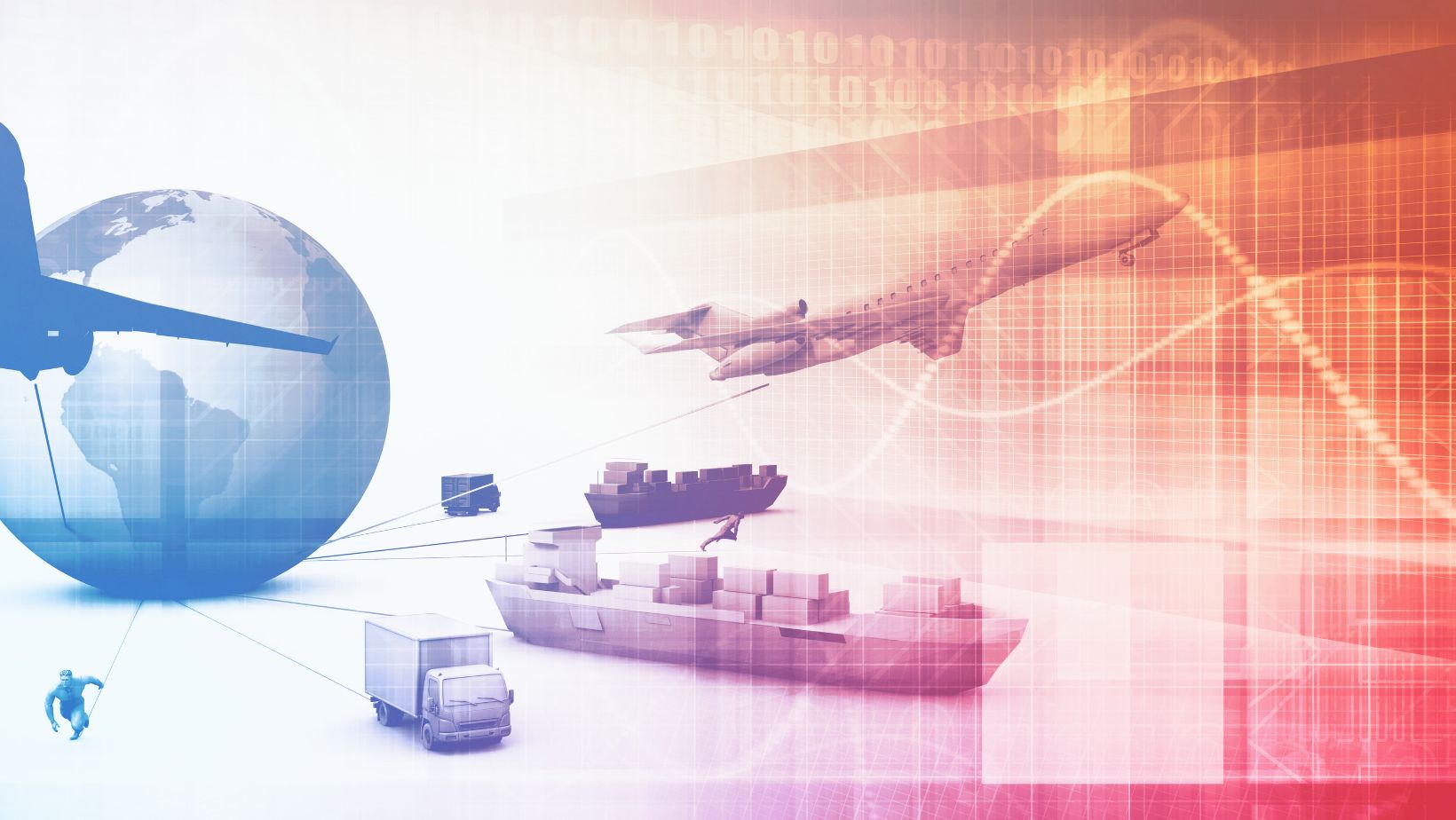
In today’s rapidly evolving market, staying ahead in the supply chain sector means keeping a keen eye on the latest technological trends. From artificial intelligence to real-time data analytics, cutting-edge technologies are revolutionizing how companies manage logistics, inventory, and operations. As businesses strive to enhance efficiency and reduce costs, understanding these trends isn’t just beneficial; it’s essential..
Supply Chain Technology Trends
Overview of Recent Advancements
The supply chain sector has witnessed significant technological advancements recently. Among these, blockchain technology offers enhanced transparency and security in transactions. Companies implement blockchain to trace product journeys from manufacturing to delivery, ensuring authenticity and compliance. Machine learning algorithms have also gained traction, optimizing routes and reducing operational costs by predicting the best delivery paths and times. Furthermore, the use of drones and robotics in warehouses for inventory management has drastically improved efficiency and accuracy, reducing human error and speeding up operations.
Impact of Pandemic on Supply Chain Operations
 The COVID-19 pandemic has dramatically influenced supply chain operations, accelerating the adoption of technology to meet changing demands. Remote monitoring systems have become essential, allowing managers to oversee operations without being physically present, thus adhering to health guidelines. Additionally, the pandemic has increased the reliance on e-commerce, prompting businesses to employ advanced predictive analytics to manage sudden shifts in demand. Supply chains have integrated more robust cybersecurity measures as the shift towards digital platforms increases vulnerability to cyber threats. These adaptations have proven crucial in maintaining operation continuity amidst global disruptions.
The COVID-19 pandemic has dramatically influenced supply chain operations, accelerating the adoption of technology to meet changing demands. Remote monitoring systems have become essential, allowing managers to oversee operations without being physically present, thus adhering to health guidelines. Additionally, the pandemic has increased the reliance on e-commerce, prompting businesses to employ advanced predictive analytics to manage sudden shifts in demand. Supply chains have integrated more robust cybersecurity measures as the shift towards digital platforms increases vulnerability to cyber threats. These adaptations have proven crucial in maintaining operation continuity amidst global disruptions.
Key Trends in Supply Chain Technology for 2023
AI and Machine Learning Integration
Integrating AI and machine learning into supply chain operations streamlines processes drastically, particularly in logistics and inventory management. Businesses experience enhanced forecasting accuracy due to AI’s ability to analyze vast datasets quickly and predict market trends. For instance, AI algorithms assist in managing inventory levels more efficiently, reducing waste and ensuring products are available when consumer demand spikes. Additionally, machine learning models optimize delivery routes, saving time and fuel costs, which significantly lowers the carbon footprint of transportation.
Blockchain for Enhanced Transparency
 Blockchain technology plays a pivotal role in boosting transparency within supply chains. It provides an immutable ledger that all parties in the chain can access, but cannot alter unilaterally. This technology enhances the traceability of goods from origin to consumer, ensuring authenticity and compliance with regulations. For example, companies in the food industry use blockchain to track the journey of produce from farm to table, helping to prevent contamination and guaranteeing that safety standards are met. This level of transparency builds consumer trust and fortifies the brand reputation.
Blockchain technology plays a pivotal role in boosting transparency within supply chains. It provides an immutable ledger that all parties in the chain can access, but cannot alter unilaterally. This technology enhances the traceability of goods from origin to consumer, ensuring authenticity and compliance with regulations. For example, companies in the food industry use blockchain to track the journey of produce from farm to table, helping to prevent contamination and guaranteeing that safety standards are met. This level of transparency builds consumer trust and fortifies the brand reputation.
IoT and Smart Logistics
The Internet of Things (IoT) revolutionizes logistics by enabling smart logistics solutions. IoT devices collect and transmit real-time data that improves the visibility of goods as they move through the supply chain. Sensors and RFID tags help monitor conditions like temperature and humidity, which are crucial for perishable products. This constant flow of data allows for immediate responses to potential issues, such as rerouting deliveries to avoid delays or adjusting storage conditions dynamically. With IoT, companies achieve greater operational reliability and reduced costs, providing a competitive edge in the market.
Benefits of Adopting New Technologies in Supply Chains
 Adopting new technologies in supply chains enhances operational efficiency dramatically. Companies experience a reduction in operational costs, as automated processes replace manual efforts, streamlining operations and reducing room for error. For instance, integrating AI into inventory management forecasts demands precisely, leading to optimized stock levels without over or under-stocking.
Adopting new technologies in supply chains enhances operational efficiency dramatically. Companies experience a reduction in operational costs, as automated processes replace manual efforts, streamlining operations and reducing room for error. For instance, integrating AI into inventory management forecasts demands precisely, leading to optimized stock levels without over or under-stocking.
Further, technology improves accuracy in supply chain forecasting. Machine learning algorithms analyze past data trends to predict future needs accurately, cutting down on surplus and shortages. Similarly, blockchain technology aids in the enhancement of transparency.
Challenges and Considerations
Adopting these cutting-edge technologies isn’t without its challenges. Companies must navigate the complexities of implementation including the initial investment and training required to maximize benefits. Additionally ensuring data security and managing the ethical implications of AI and automated systems are critical. Despite these hurdles the potential rewards make the pursuit worthwhile. Businesses that effectively integrate these technologies stand to gain a significant edge in an increasingly competitive and dynamic marketplace.


